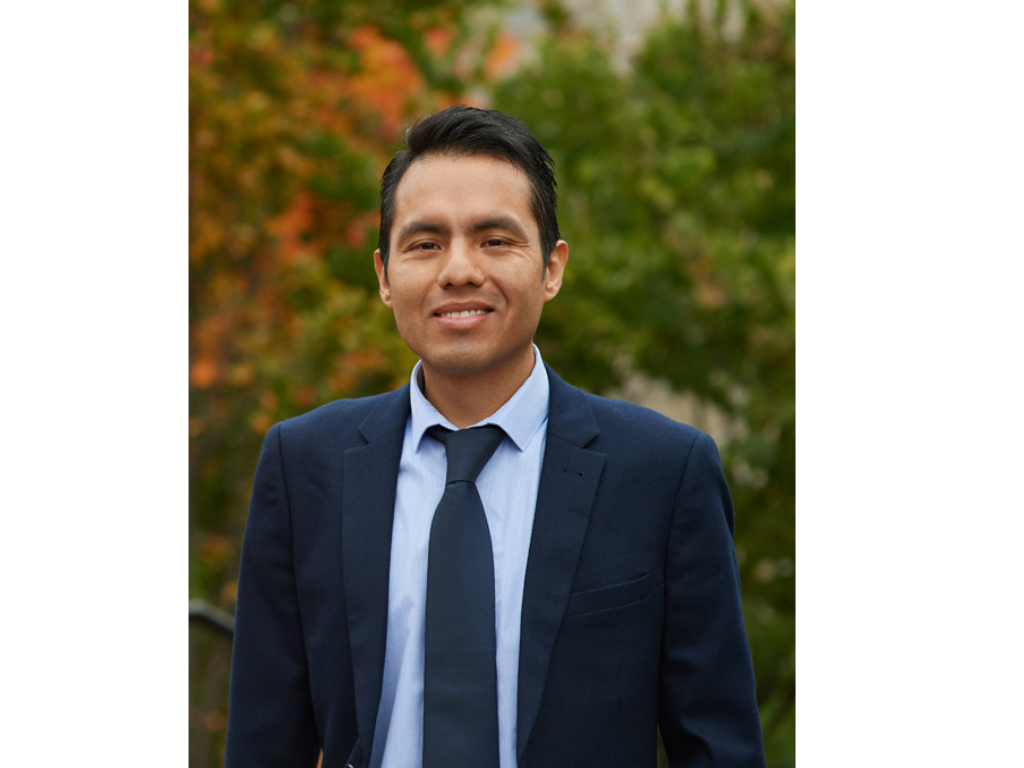Posted on November 12, 2020 by Amanda Cerreto
 NOVEMBER 11, 2020 — UTSA researcher
Manuel Cano,
an assistant professor in the Department of Social Work in the College for Health, Community and Policy, is shedding light to understand the topic of drug overdose deaths in the Hispanic community.
NOVEMBER 11, 2020 — UTSA researcher
Manuel Cano,
an assistant professor in the Department of Social Work in the College for Health, Community and Policy, is shedding light to understand the topic of drug overdose deaths in the Hispanic community.
In his published article in the journal Substance Use & Misuse, Cano used national death certificate data (data recording all deaths of U.S. residents) to examine drug overdose mortality in different Hispanic subgroups, based on heritage, place of birth and gender.
“The more we understand which subgroups are most affected, the more we can provide culturally appropriate services.”
"In the context of the current opioid crisis, drug overdose in the media is often presented as a problem affecting white individuals," Cano said. "However, this tragedy affects all racial/ethnic groups, and no racial/ethnic group should be overlooked or left behind in the national response. Opioids are killing a lot of people, but so are other drugs affecting different groups. There is substantial variation considering race and ethnicity."
The national data on drug overdose mortality show lower rates of drug overdose deaths in Hispanics compared to non-Hispanic whites or Blacks. However, the study revealed people of Puerto Rican heritage have a higher rate of drug overdose mortality compared to non-Hispanic whites or Blacks.
Among those of Puerto Rican heritage, those born in Puerto Rico—many of whom may speak Spanish as a first language—were overrepresented in drug overdose deaths, suggesting that culturally tailored and accessible services in Spanish are necessary for this group. In contrast, the majority of individuals of Mexican heritage who died of drug overdose were born in the United States.
Read Cano's article on his research: “ Drug Overdose Deaths Among U.S. Hispanics: Trends (2000-2017) and Recent Patterns.”
⇒ The Department of Social Work at UTSA
“The more we understand which subgroups are most affected, the more we can provide culturally appropriate services that better address their needs. Drug overdose is preventable,” Cano added.
Cano concluded, “Hispanic cultures have many rich cultural values and strengths that can be protective factors against overdose—for example, the value of the family and respect.”

